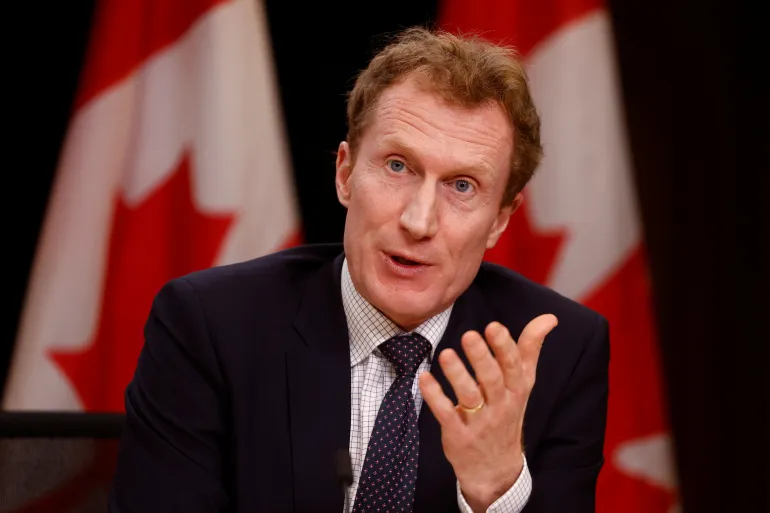
Amidst the ongoing humanitarian crisis in Gaza, Canada announces a significant increase in visas for Palestinians seeking to reunite with family members in the country, despite logistical challenges hindering their departure from the embattled enclave.
Minister of Immigration Marc Miller revealed on Monday that Ottawa plans to raise the number of visas offered to residents in Gaza to 5,000, as part of a special program initiated in December. Miller reiterated Canada’s commitment to addressing the unfolding tragedy in Gaza, acknowledging the profound concern among individuals for their loved ones.
“We remain deeply concerned about the humanitarian tragedy unfolding in Gaza. Many people are worried about their loved ones and have expressed significant interest in the temporary special measures we introduced for their extended family in Gaza,” Miller said in a statement.
While the Canadian government strives to facilitate the departure of Palestinians from Gaza, Miller acknowledged the current impracticality due to external factors beyond Ottawa’s control. Notably, Gaza residents must secure approval from Israeli authorities for departure, followed by biometric screening in Egypt.
Recent developments, including Israel’s military control of the Rafah border crossing with Egypt, have exacerbated the challenges faced by Palestinians seeking to leave Gaza. Despite these obstacles, Canada’s gesture underscores its resolve to provide humanitarian support to those affected by the crisis in Gaza.
This post was last modified on May 28, 2024 8:38 pm
At least five individuals fell victim to a series of avalanches in western Austria on…
Iran Upholds Firm Stance Amid Nuclear Talks As Iranian President Masoud Pezeshkian addressed his nation…
The Sindh Assembly recently passed a significant resolution affirming Karachi's integral part within the province,…
Prince Edward stands apart from his brother Andrew Mountbatten-Windsor amidst a storm of royal controversies.…
President Donald Trump unveiled his plan to boost import duties on almost all United States…
US President Donald Trump announced a significant increase in tariffs on imported goods from 10…
This website uses cookies.